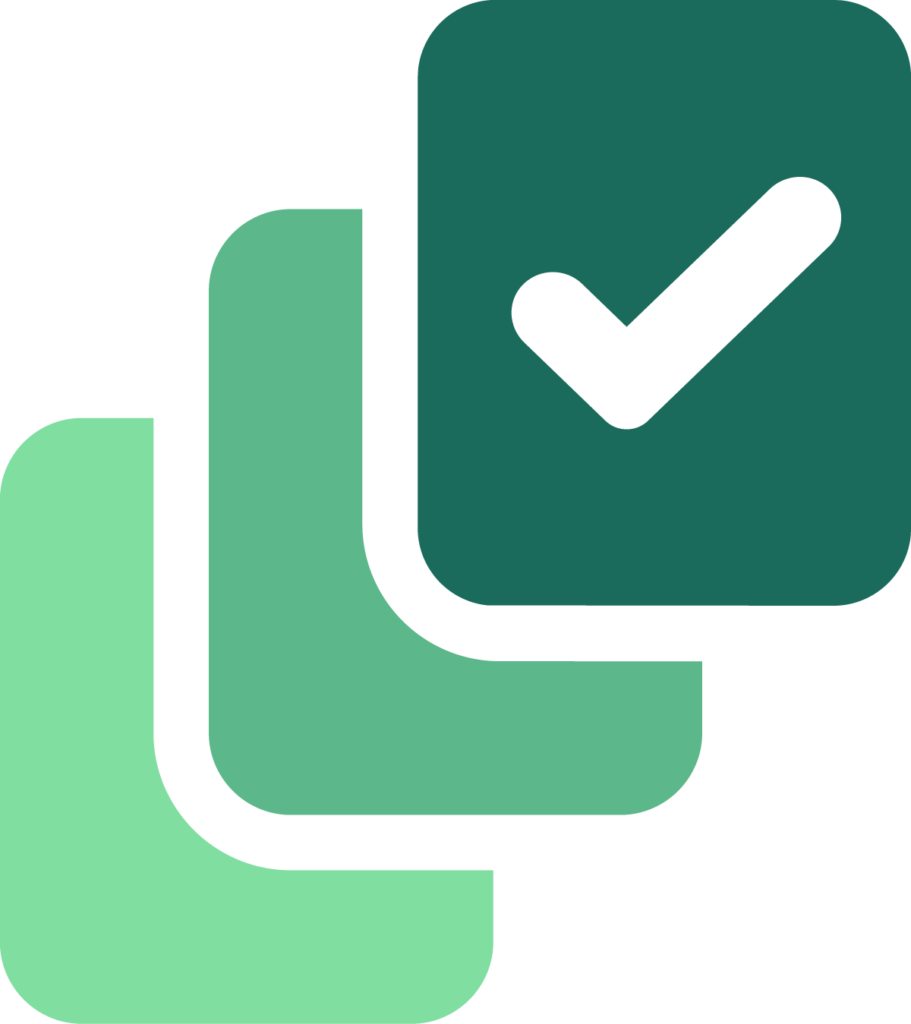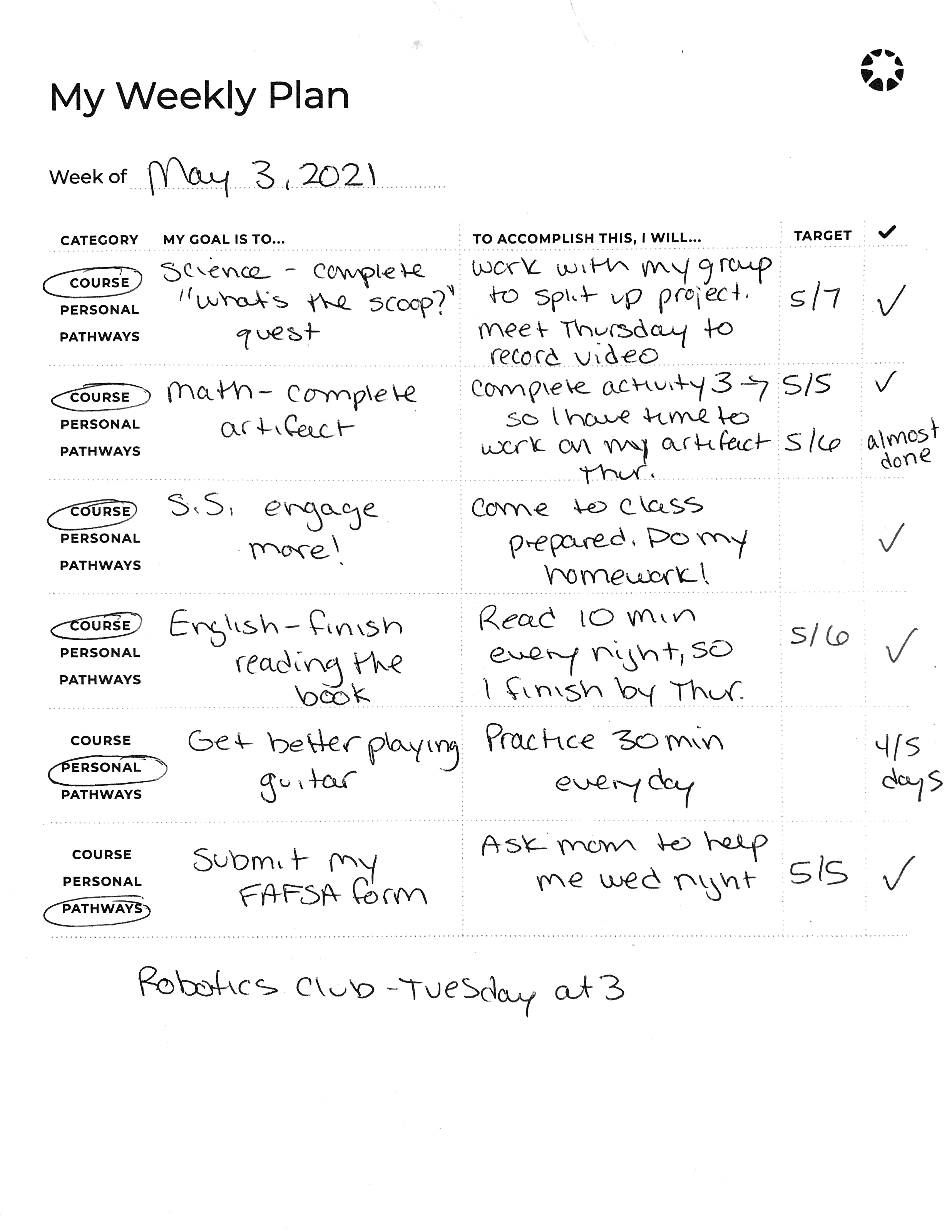4 Work Skills Your Students Need To Succeed
Today we’re going to focus on four work skills that will help your students work smartly, efficiently, and successfully. These skills emphasize executive functioning and are essential for students to succeed in school, career, and life.
4 Work Skills for High School and Beyond
 Focus
Focus
It’s important to help your students focus on relevant information and tasks without getting distracted. Whenever possible, help your students remove distractions, shift tasks effectively, and encourage them to take mental and physical breaks when needed.
 Plan
Plan
Help your students make plans that range from the immediate (today) to the longer term (a week or month). Identify the steps and actions needed to achieve those goals, including sub-steps and the sequencing of events. Encourage students to set realistic timelines, prioritize tasks, and manage their time effectively to meet deadlines.
 Make an Effort
Make an Effort
Encourage your students to work hard toward achieving the goals they set. Empower them to take the initiative, make the work their own, and continue working hard throughout the process.
 Document
Document
Teach your students how to effectively take notes and record their progress. Help them keep track of ideas and information, and use tools to organize and remember ideas as they come up (e.g., annotations or mindmapping).
Three great ways to help students develop these Work Skills
1: Weekly Planning and Reflection
Learning how to plan, identify goals, and make progress are skills that will help students in all areas of their life. These goals can be focused on their academic performance as well as their personal lives.
We’ve found that it’s very useful to help students identify weekly goals at the start of each week. As the week progresses, you can circle back and encourage them to reflect upon their progress.
Here’s an example of what this can look like — it’s taken from our Quest Academies, where we’ve been implementing these strategies over the past several years.

“Weekly planning helped me get things done that I probably wouldn’t have gotten done if I hadn’t written it down.”
— ALOE
“The weekly planning thing was helpful to me because it allowed me to keep my goals in my head and that’s something I struggled with in the past. That’s what I always struggled with… remembering my goals.”
— SEBASTIAN
2: Feedback
It’s essential to create effective feedback loops as students work on assignments and projects. Doing so can help both you and your students make adjustments to improve instruction and learning.
In a traditional context, when a teacher returns an assignment to a student marked with points or a grade, the work is already completed, which leaves no room for the student to grow. Not only does this send a fixed-mindset message, it’s also a missed opportunity.
With clear feedback about strengths and areas for improvement, as well as the space and time to discuss and address them, students have more opportunities to improve and grow.
We’re in the process of making a feedback tool, Feedback Forward, available to teachers everywhere. We also have a Professional Learning course — Effective Feedback for Supporting Active Learning — that will be available to teachers in Fall 2023. In the meantime, here are a couple resources to help you support your students with peer feedback:
3: Document
While just about anyone can jot something down, the ability to organize thoughts in a usable, effective, and efficient way can make all the difference for a student or professional. Your students need to learn how to document ideas and take notes as they work toward achieving their goals.
We’ve developed a great resource called Ready, Set, Document to help you facilitate a lesson on effective note taking.
Practice
Like everything important, these four Work Skills take time and practice to develop. In my next post, I’ll highlight research-based strategies and processes that can help you teach these essential skills to your students.
